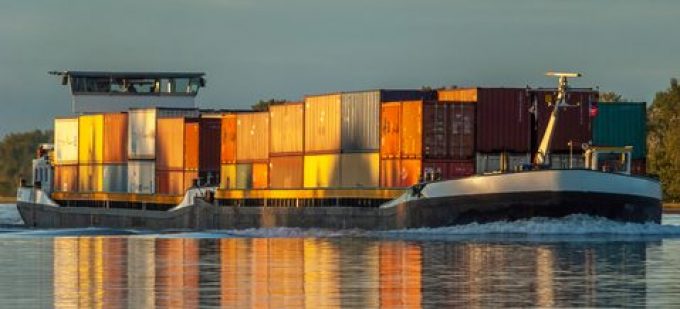Carriers unveil Panama Canal transit surcharges for new year
Two major carriers have announced new Panama Canal surcharges on Asia-US east coast transits in ...

Barge users in northern Europe are facing substantial surcharges as water levels drop amid increasing temperatures, while delays remain a major issue.
Government-imposed draught limitations on the Kaub Gauge, in the Middle Rhine, alongside predicted low water levels – potentially down to 41cm – have resulted in Contargo imposing surcharges of between €201 to €589 ($206-$604) per 20ft box, depending on the water depth, and €259 to €775 per 40ft.
The barge operator said: “Due to the reduced loads barges can carry, ...
Trump tariffs see hundreds of cancelled container bookings a day from Asia
Macron calls for ‘suspension’ – CMA CGM's $20bn US investment in doubt
De minimis exemption on shipments from China to the US will end in May
Forwarders stay cool as US 'liberation day' tariffs threaten 'global trade war'
Mixed response in US to 'Liberation Day', while China leads wave of retaliation
Tariffs and de minimis set air freight rates on a volatile course
Overcapacity looms for ocean trades – with more blanked sailings inevitable
'To ship or not to ship', the question for US importers amid tariff uncertainty
List of blanked transpac sailings grows as trade war heats up and demand cools
East-west rates diverge as transpac spots hold while Asia-Europe keeps falling
'Chaos after chaos' coming from de minimis changes and more tariffs

Comment on this article